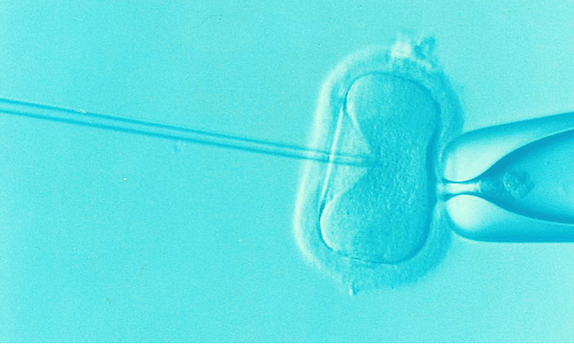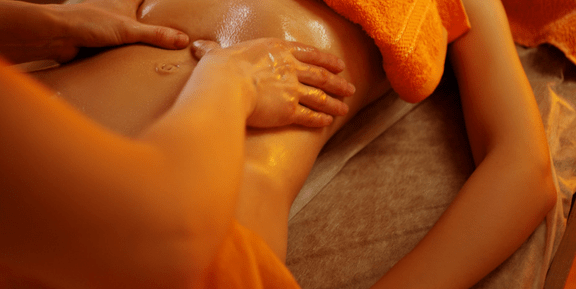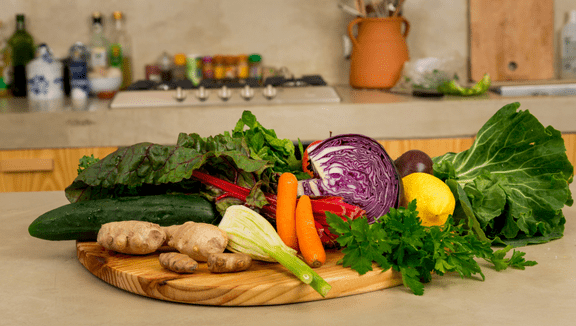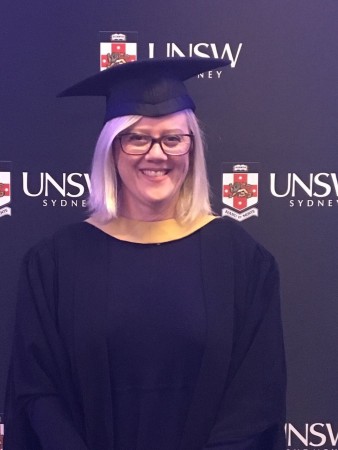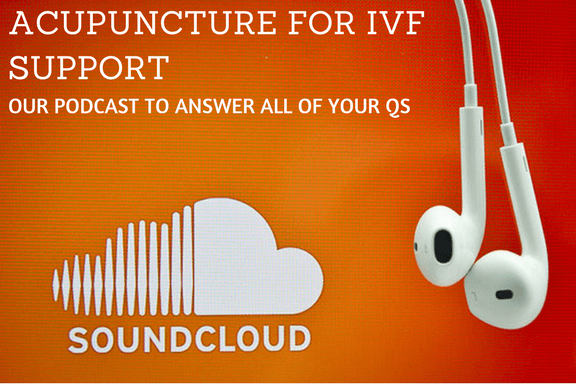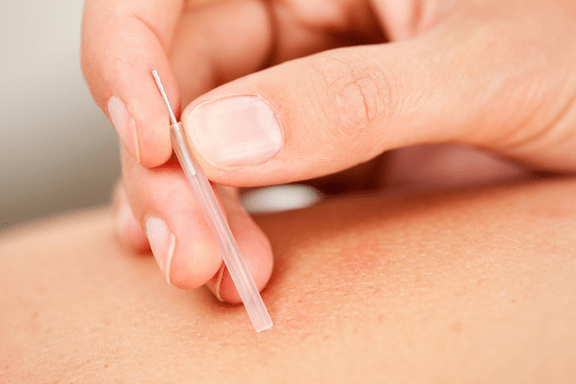
Written by Merna El Chaaban, FGHG acupuncturist
Do you have polycystic ovarian syndrome (PCOS)? Or have you recently been diagnosed with PCOS and are confused with what that means?
You’re not on your own. PCOS affects 12-20% (1) of women and for many cases women remain undiagnosed.
What is PCOS?
Many women will have polycystic ovaries (PCO) identified on an ultrasound but not all will have PCOS.
You may be asking yourself “what is the difference between PCO and PCOS?”
Many women may just have polycystic ovaries and have no other symptoms of the disorder. Though a pelvic ultrasound may reveal 12 or more cysts on one or both ovaries, women with PCO can ovulate and don’t have the other symptoms that go with the syndrome, PCOS.
PCOS is a common hormonal condition. There are a number of symptoms that the syndrome is based on, which can include:
- Increased androgens, which may result in increased hair growth, acne or increased blood testosterone levels
- Insulin resistance meaning your body struggles with regulating your blood glucose levels. This can lead to weight gain or women struggling to lose weight and keep it off.
Having PCOS may also mean that you do not ovulate and your periods may be irregular or absent. Some women only have one period a year, and in some cases it is not until women start to try to conceive that they begin questioning why things are not going to plan. It may simply be because they are not releasing an egg and ovulating regularly.
What can be done to help PCOS?
If you are trying to conceive it is important to understand that having PCOS doesn’t mean that you will not be able to conceive and have a healthy pregnancy. There are a number of ways you can help your body and manage your condition. This includes lifestyle and dietary changes.
One of the most common patterns of PCOS in Traditional Chinese Medicine (TCM) is phlegm and dampness. From a TCM perspective this describes the cysts and symptoms present which can include being tired, difficulty losing weight, heaviness, bloating, swelling and fluid retention in feet and ankles, slow metabolism, dizziness and poor appetite. Your acupuncturist will ask about your symptoms in detail.
The TCM diagnosis always takes into consideration the symptoms that manifest in every individual, as we understand that not everyone is the same and this is why TCM can be a great way to tailor each treatment to every individual person. What works for one person may not work for another and no two people are the same.
Now that you have this information, what can you do? Here is how acupuncture may be able to help:
1. It is a great way to naturally regulate your hormones (2)
2. Can induce ovulation by selecting specific points along the body which have a direct effect on the uterus and ovaries (2)
3. Assists in reducing your cravings, i.e. If your blood glucose levels drop throughout the day it can result in sweet cravings (3)
4. Supports metabolism and regulating your appetite. If you have a lack of an appetite this can affect your weight management as your metabolism maybe sluggish. When you have an appetite this is a great way to know your body is on track (4)
5: Chinese herbal medicine generally complements the use of acupuncture, a great way to support your body in targeting all your individual symptoms.
What to expect with acupunture treatments
When you see your highly qualified acupuncturist, a thorough assessment and TCM diagnosis will be prepared for you. In accordance with research based treatment guidelines, weekly acupuncture sessions may be needed as part of your treatment plan.
You should allow yourself a period of up to three months or more to help regulate your body. Remember that this condition has probably been years in the making and hormonal conditions cannot be regulated overnight, however, you may start noticing improvements right away.
The main role of Acupuncture is to encourage blood flow through the uterus and ovaries (5). This is performed by placing needles along different points in the body that correspond to different channels and organs. Your body responds to the stimulation of the points. In some cases there maybe blockages that need to be released.
Acupuncture for PCOS is generally placed in the abdominal region as well as hands and legs. Depending on your symptoms and where you are in your cycle these points may vary.
Understanding and listening to your body is vital for a good outcome. Your body is your most important asset. At times your body sends you signals that something isn’t right and when you have a better understanding of your condition, things start to make more sense and you can begin to relate the symptoms that you have been experiencing to your diagnosis of PCOS. Your acupuncturist will help to explain what is happening for you and provide you with tools to support your health outside the treatment room. Remember that although it can take a while, acupuncture can help to shift the hormonal imbalance underlying PCOS, so the sooner you can begin your commitment to the treatment the sooner you can reap the benefits.
Merna El Chaaban, FGHG acupuncturist
Merna is an experienced acupuncturist and traditional Chinese herbal medicine practitioner. She has developed a passion for treating women’s health and fertility as well as supporting women during pregnancy. Merna aspires to assisting women and men of all ages by providing healthcare advice to people seeking a holistic approach and acknowledges that your body is your most important asset. She is committed to supporting you through the journey of life.
References
(1)Boyle J, Teede H J, 2012,Polycystic ovary syndrome An update, https://www.racgp.org.au/afp/2012/october/polycystic-ovary-syndrome/,RACGP Volume 41, No.10 October2012,Pages 752-756.
(2)Huang ST, Chen AP, 2008,Traditional Chinese medicine and infertility. https://www.ncbi.nlm.nih.gov/pubmed/18460933,Curr Opin Obstet Gynecol, PubMed.
(3)Stener-Victorin E, Kokosar M, Maliqueo M, Sazonova A, Johan Behre C, Hojlund K, Benrick A, Tivesten A, Ohlsson C,2015,Repeated Acupuncture Treatments Increases Whole Body Glucose Uptake and Decrease Circulating Testosterone in Women with Polycystic Ovary Syndrome
http://press.endocrine.org/doi/abs/10.1210/endo-meetings.2015.RE.7.THR-099,Endocrine Society
(4)[ Zhou JY, Zhang XY, Yu ML, Lu SF, Chen X,2016,Effect of Transcutaneuos Acupoint Electrostimulation on Serum Sex Hormone Levels and Expression of Ovarian Steroid Hormone Metabolic Enzymes in Polycystic Ovary Syndrome Rats],https://www.ncbi.nlm.nih.gov/pubmed/27141614,Zhen Ci Yan Jiu, PubMed
(5)Johansson J1, Redman L, Veldhuis PP, Sazonova A, Labrie F, Holm G, Johannsson G, Stener-Victorin E., 2013,Acupuncture for ovulation induction in polycystic ovary syndrome: a randomized controlled trial,Am J Physiol Endocrinol Metab, PubMed




